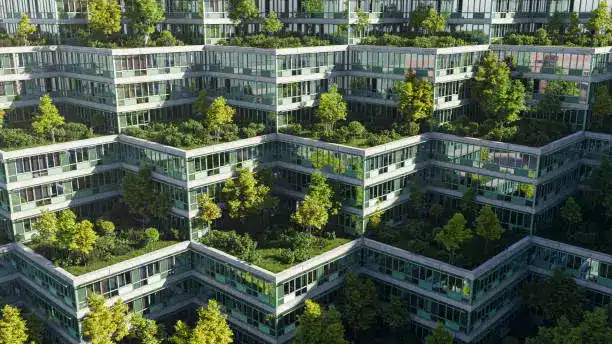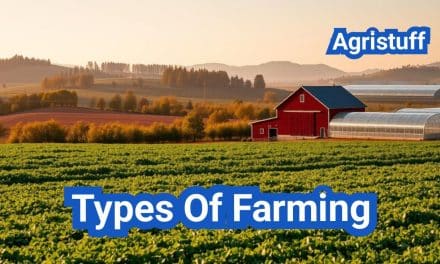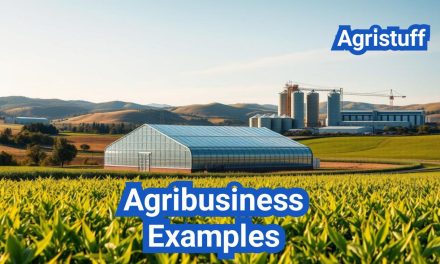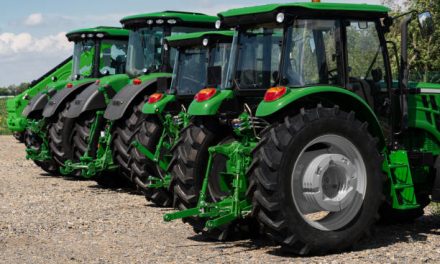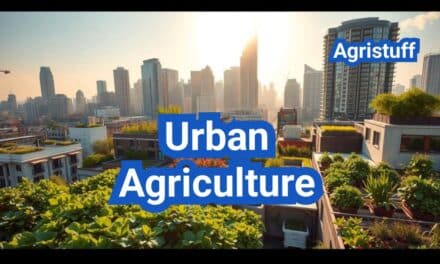Urban farming, a concept that might seem contradictory at first, is a modern and sustainable approach to food production that is transforming cities worldwide. Far more than just growing food in urban areas, it encompasses innovative practices like rooftop gardens, vertical farming, community gardens, and hydroponics. Urban farming is not just about feeding city dwellers; it’s a holistic initiative that addresses food security, ecological balance, and social cohesion. As cities grow and face challenges like climate change and food scarcity, urban farming is emerging as a key solution for sustainable urban development.
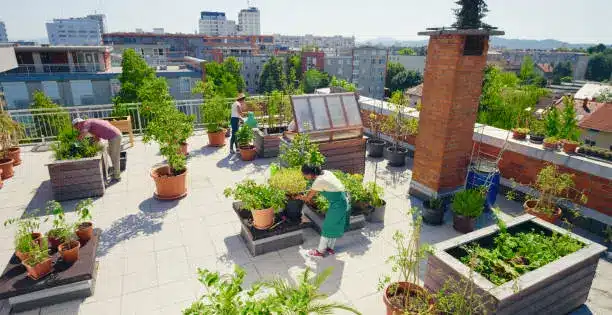
What is Urban Farming?
Urban farming, also known as urban agriculture, is the practice of growing, processing, and distributing food within urban areas. It integrates agriculture into the urban ecosystem, creating a symbiotic relationship between food production and city life. This practice includes animal husbandry, aquaculture, agroforestry, urban beekeeping, and horticulture.
Unlike traditional farming, which is typically rural, urban farming thrives in unconventional spaces like rooftops, balconies, vacant lots, and even abandoned buildings. It’s deeply embedded in the urban socioeconomic system, utilizing local labor, resources like organic waste for compost, and urban wastewater for irrigation.
Urban farming also offers ecological benefits, such as improving urban biodiversity and acting as a waste management strategy. It empowers communities by reducing food costs, increasing access to fresh produce, and fostering a sense of responsibility toward the environment.

The Benefits of Urban Farming
Urban farming is more than just a trend; it’s a transformative practice with far-reaching benefits:
- Food Security: By increasing local food production, urban farming helps address food scarcity in cities. It reduces reliance on long supply chains, ensuring fresher and more nutritious produce.
- Economic Growth: Urban farming creates jobs and entrepreneurial opportunities, from growing and processing to selling and distributing food. It also helps low-income households save on food expenses.
- Ecological Sustainability: Urban farms reduce food miles, lower carbon emissions, and promote waste recycling. They also combat the urban heat island effect and enhance biodiversity.
- Social Cohesion: Community gardens and urban farms bring people together, fostering a sense of belonging and shared responsibility. They also serve as educational spaces, reconnecting urban dwellers with nature.
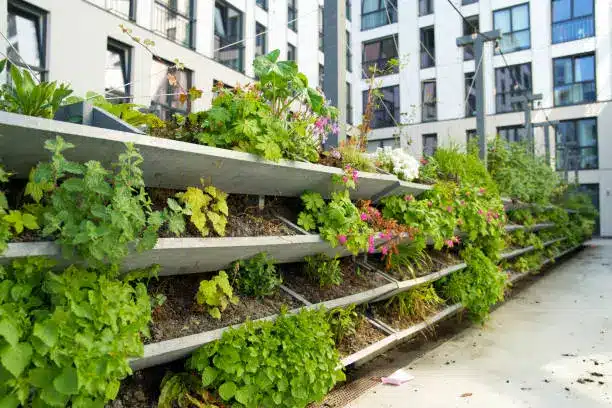
The Role of Urban Farmers
Urban farmers are the driving force behind this movement. They creatively utilize limited spaces, such as rooftops, balconies, and abandoned lots, to grow food. These farmers embrace sustainable practices, avoiding synthetic fertilizers and pesticides in favor of organic methods.
Innovative techniques like vertical farming, hydroponics, and aquaponics are hallmarks of urban farming. Vertical farming maximizes space by growing crops on vertically inclined surfaces, while hydroponics uses nutrient-rich water instead of soil. Aquaponics combines fish farming with hydroponics, creating a self-sustaining ecosystem.
Urban farmers also play a social role, educating communities about sustainable living and fostering a deeper connection between people and their food sources.
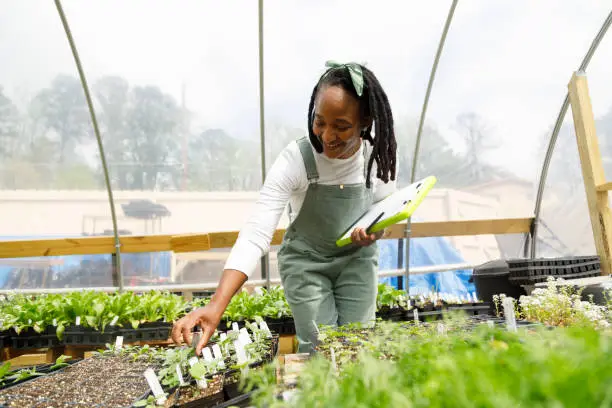
Ecological and Social Impacts of Urban Farming
Urban farming is a powerful tool for ecological sustainability. It reduces food miles, minimizes post-harvest losses, and repurposes urban waste into compost. By creating green spaces, it enhances urban biodiversity and helps cities adapt to climate change.
Socially, urban farming strengthens community bonds and combats social isolation. It provides opportunities for intergenerational and intercultural dialogue, fostering inclusivity and mutual respect. Urban farms also serve as hubs for social activities, improving mental health and community well-being.
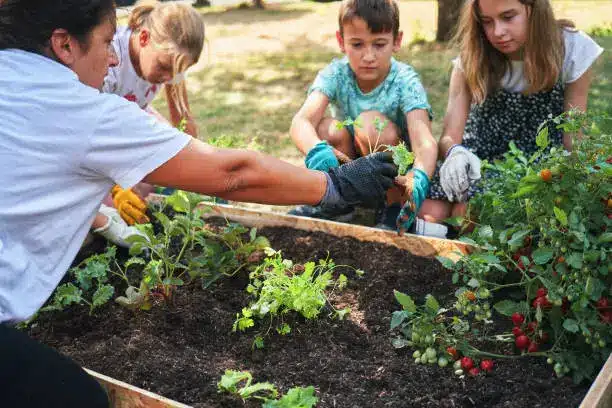
Conclusion
Urban farming is not just a solution to food insecurity; it’s a pathway to sustainable urban living. By integrating agriculture into cities, it addresses ecological, economic, and social challenges while fostering a deeper connection between people and their environment. As urbanization continues, urban farming will play a crucial role in shaping resilient, healthy, and cohesive cities.

